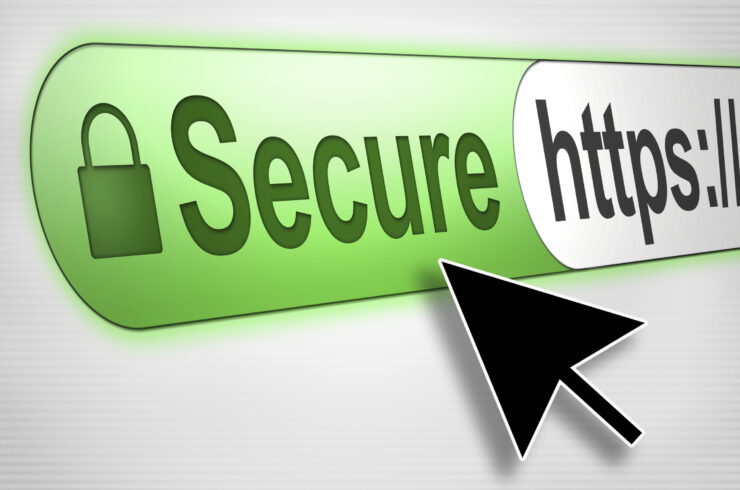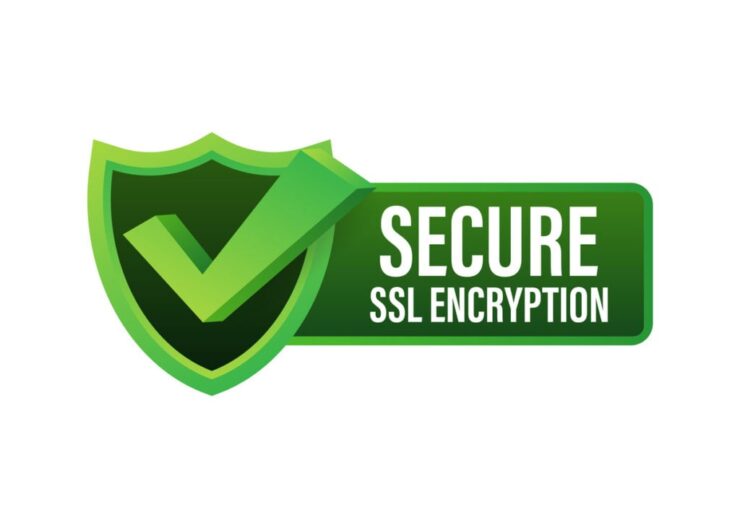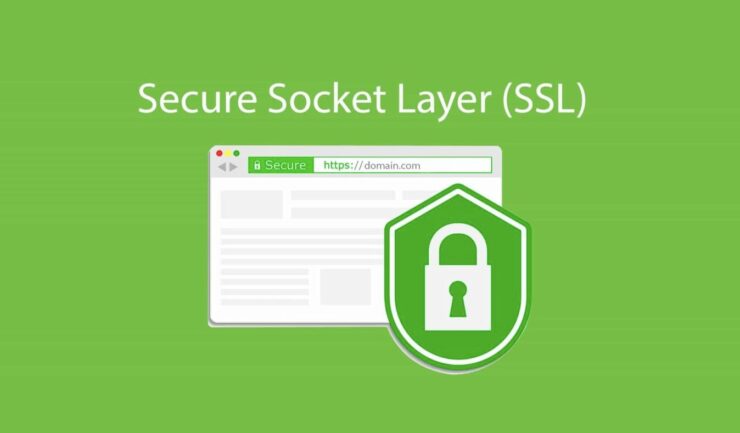With Google considering SSL (Secure Sockets Layer) as a ranking criterion, adding SSL to your website has become more and more crucial. Many website owners are keen to get an SSL certificate so they may advertise the security of their websites. However, due to worries regarding implementation and expense, several webmasters are still hesitant to make the change. In this post, we’ll examine how straightforward adding an SSL certificate to your website may be if you have a plan and adhere to a few basic guidelines.
Plan ahead

Prior to anything else, it’s critical to plan ahead and choose the type of SSL certificate you desire. There are multiple levels of validation available for SSL certificates. The simplest approach is checking the domain name holder’s WHOIS email address. The WHOIS email address linked to the domain name must receive a verification email from the certificate issuing authority as part of this process. The domain name will be validated after you click a link in the email to confirm it, and a certificate will then be provided. These certificates are readily available and reasonably priced. The browser will show an HTTPS icon when someone accesses your website to show that it is secure.
However, you will need to buy an enhanced Validation (EV) certificate if you want enhanced validation of the certificate ownership, such as validating other information like the postal address, phone number, and legal documents of the firm. When a website has an EV certificate, the browser’s address bar glows green and displays the name of the issuing authority along with other details about the certificate and website security. This degree of verification is especially important for e-commerce websites since it gives clients visual assurance, boosts their confidence, and motivates them to finish their transactions.
Decide on your spending limit

Prior to starting the SSL certificate purchase procedure, it’s crucial to decide on your spending limit and identify the domains or subdomains for which the certificate is necessary. You can use a wildcard certificate for standard domain-validated SSL certificates if you want to protect several subdomains in addition to your main domain. This enables comprehensive coverage across your website at a cheap cost.
You must make sure that you have a dedicated IP address available before buying an SSL certificate. The dedicated IP address that hosts your website must be associated with the SSL certificate. To find out more about getting a dedicated IP for your website, speak with your web provider.
The next step is to decide which provider you want to get your SSL certificate from. Because installation is not always simple, it is advisable to ask your web host if they have self-installation options on their servers. It could be convenient to buy the certificate straight from your web server if they offer free SSL certificate installation. There are many suppliers and resellers to pick from if purchasing from an outside source turns out to be more affordable. Although buying directly from the certificate authority can seem like the best option, resellers frequently have costs that are affordable.
You must submit a Certificate Signing Request (CSR) issued by your web server after verifying your SSL certificate order. Your web server’s information is included in the CSR, which the SSL issuer uses to create your certificate. The private key associated with your account is also contained in the CSR; it is used to authenticate users that access your website.
It takes time and preparation to install the SSL certificate on your server. It’s imperative that you carefully follow the instructions and documentation offered by both your web host and the SSL issuer. Consult the documentation and support areas of your web host for guidance, since they will provide instructions designed specifically for their hosting control panel.
The SSL issuer will email you the Web Server Certificate once the certificate signup process is complete and your personal information has been confirmed. Your control panel needs to be updated to include this certificate. Simply copy and paste the email’s key, and the web server will use the previously produced CSR to automatically get the domain and certificate information.
You might need to set up redirects and forwarding to make sure that users can only reach your website through the secure route. Due to these precautions, HTTP access is restricted, and all requests are automatically sent to the SEIn addition, you may check and verify if your website is SSL-enabled using a number of internet tools. These tools guarantee that your SSL certificate is operating as intended and offer insightful information.
Advantages of SSL

It’s important to take into account all of the advantages SSL has to offer when adding it to your website. By encrypting the data sent between the user’s browser and your server, SSL, first and foremost, improves the security of your website. Hackers find it very challenging to intercept and read sensitive information, such as login credentials, credit card information, or personal information, thanks to its encryption. By using SSL, you give your users a secure environment that promotes trust and confidence in your website.
Additionally, SSL is becoming a key component of search engine rankings. Google, in particular, favors websites that use SSL since it sees it as a crucial component of website security. Your website’s chances of appearing higher in search results are boosted by implementing SSL, which eventually results in more visibility and organic visitors.
Additionally, SSL certificates improve the customer experience in general. Visitors can tell that your website is secure as soon as they see the lock icon in their browser and the “https://” prefix before the URL. By providing a sense of trust, this visual confirmation encourages consumers to interact with your content, make purchases, and divulge private information. Users connect SSL with reputable and trustworthy websites, therefore it also helps to safeguard your brand’s reputation.
While adding wildcard ssl, such as www.ssls.com to your website could seem like a difficult and complicated undertaking, with careful planning and adherence to the provided instructions, it can be a pretty simple procedure. By spending the time and money necessary to secure your website with an SSL certificate, you not only improve the security of the data you collect from users but also put yourself in a better position to boost search engine rankings, user experience, and brand confidence.
Conclusion

In the current digital environment, implementing SSL to your website is a critical step. Implementing SSL has become essential as users expect increased privacy and protection and search engines prioritize secure websites. You may quickly and easily protect your website by making a plan, choosing the right certificate, carefully completing the installation process, and testing the SSL capabilities. Numerous advantages of SSL include increased security, better search engine results, increased consumer confidence, and an improved user experience. Don’t be reluctant to add SSL to your website and benefit from its benefits by doing the essential procedures.

